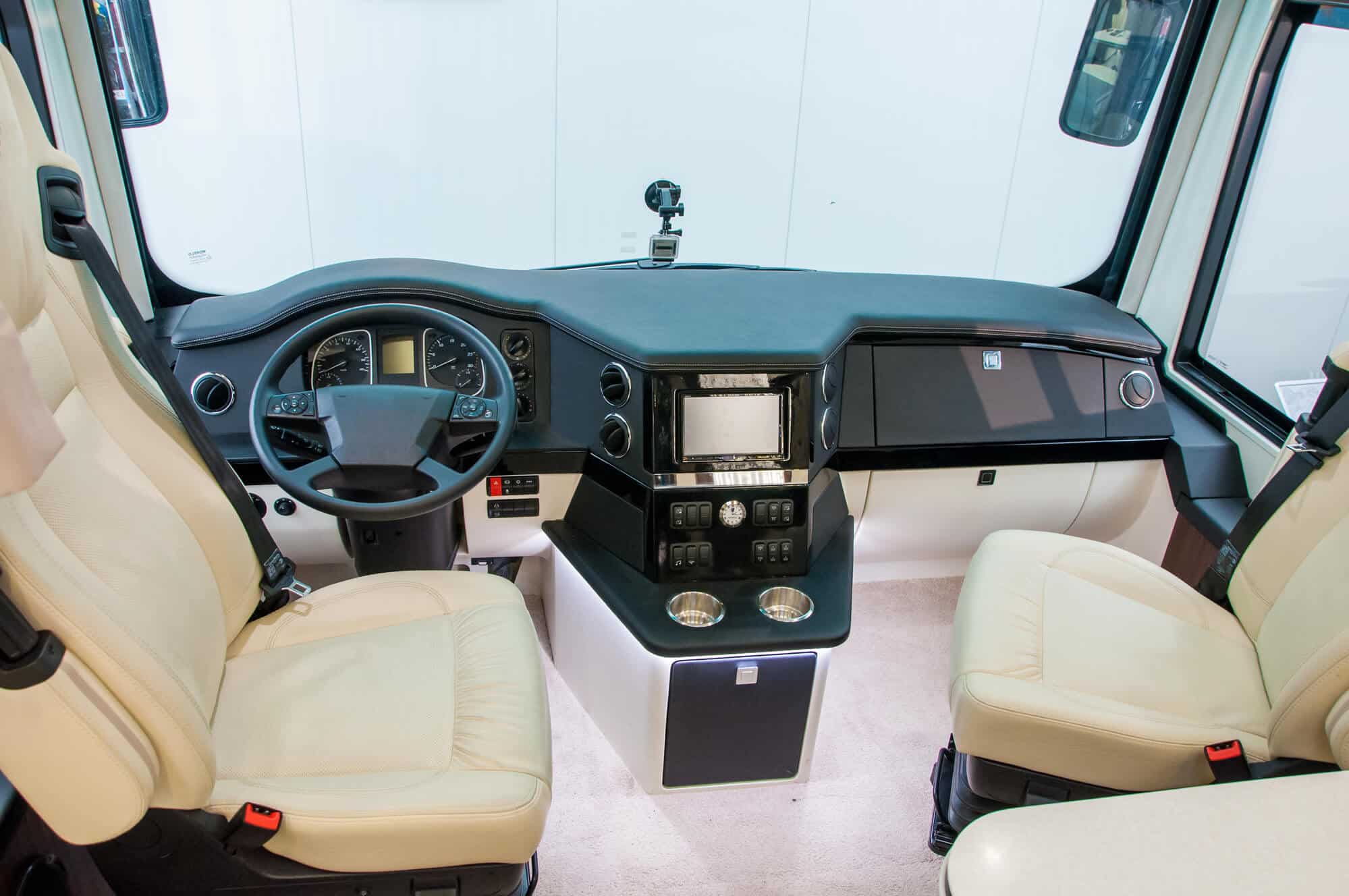The Technion held a conference on artificial intelligence and its applications in the real world, with the participation of experts from the Technion and the industry, from which it also appears that the border between academic research in the field of artificial intelligence and industrial R&D is shrinking

The Technion recently held a conference on "Artificial Intelligence - From Password to Application". 350 people participated in the conference held at the Alma Hotel in Zichron Ya'akov, including leading figures from the Technion, industry and the government sector.
The president of the Technion, Prof. Uri Sion, He said at the opening of the event that "We recently finished formulating a strategic plan for the Technion for the next decade. One of the pillars of the program is the Technion's adaptation to the profound change in academia-industry relations. The traditional boundary between academia conducting basic research and industry focused on development no longer exists; The current ecosystem is completely new, so the academy in general, and technological universities in particular, must adapt to the new reality. In the coming years, the relationship between academia and industry will tighten. This is not a new process, but it will intensify due to the necessity of the circumstances, and this relationship will not overlook the field of artificial intelligence (AI), which is one of the hottest fields today at the forefront of research. This is the background for this conference, which brings together factors from the Technion and the industry to forge collaborations that are essential for both parties. For me, this is an opportunity to be proud of the many achievements of the AI community at the Technion."
The conference was led Prof. Assaf Shuster and Prof. Shai Menor who are in charge MLIS- The Center for Computational Learning and Intelligent Systems at the Technion. The lecture of Prof. Shay Manor A deal in the field of reinforcement learning (RL) and especially its limitations. "In this field," said Prof. Manor, "it is true that there have been very impressive successes, especially in the field of games, with the computer victory over human players in backgammon (as early as 1992), checkers, chess and Go. This is a considerable success, and the victory of Alpha-Go is one of the great achievements of AI, but it should be understood that in order to go beyond this field to other applied issues, such as autonomous driving, there is still a long way to go. Unfortunately, many researchers and companies embellish the reality and spread promises without actual coverage. The success of Alpha-Go rested on a lot of money, energy and processors - and in the end it is a game. So why haven't we solved the autonomous vehicle challenge yet and not even the management of traffic jams in large squares? Because there are things that are very difficult to identify with computerized means. A human driver, with all his limitations, knows how to identify a pedestrian with high certainty, and understands that if a plastic bag is being waved at him there is no reason to break into the adjacent lane to escape it; Computers still don't know how to do this reasonably well. I'm not saying that these tasks are impossible, I'm just saying that the road to get there is still very long. In fact, we're just scratching the surface.”
The lecture of Prof. Assaf Shuster Deal in Stream Mining - monitoring of huge data flows in real time. These processes sometimes generate tens of thousands of events per second and the technological challenge is to analyze them quickly, reliably and automatically.
The conference lectures dealt with a wide variety of topics including The interface between machine learning and the human user (Dr. Nir Rosenfeld, Taub Faculty of Computer Sciences), The importance of the deep learning revolution in noise removal (Denoising) From photos (Prof. Michael Elad, Faculty of Computer Science), The robotics revolution that hasn't happened yet (Dr. Aviv Tamar, Viterbi Faculty of Electrical and Computer Engineering), Create images, videos and musical compositions based on a single example (Prof. Tomer Michaeli, Faculty of Electrical and Computer Engineering), The gap between the brain and artificial intelligence models in dealing with challenges such as vision and speech recognition (Prof. Daniel Sodri, Faculty of Electrical and Computer Engineering), How will we explain the human-behavioral context to computerized systems (Prof. Ofra Amir, Faculty of Industrial Engineering and Management), Selective targeting in artificial intelligence systems (Prof. Tamir Hazan, Faculty of Industrial Engineering and Management), fUrban analytics in planning and policy making (Prof. Panina Plaut, Faculty of Architecture and Urban Planning). Prof. Orit Hazan from the Faculty of Science and Technology Education spoke about Use of data for regulation and planning in the education system.
Three Technion bodies participated in the organization of the conference: MLIS - the Center for Computational Learning and Intelligent Systems, - TCE the Center for Computer Engineering and TDSI - the All-Technology Center for Data Science Research. The conference is supported by the companies NVIDIA Rafael and Harel Information Technologies. You moderated the conference Prof. Lehi Tselnik Manor from the Viterbi Faculty of Electrical and Computer Engineering.
More of the topic in Hayadan:
- An interview with the President of the Academy of Sciences Prof. David Harel: artificial intelligence, autonomous cars and understanding the "music" of speech
- About artificial intelligence that extracts insights from medical files
- For the first time artificial intelligence for the benefit of the birds
- Five ways artificial intelligence can help space exploration
- Students from the Technion and Cornell Tech faced health challenges and developed solutions
